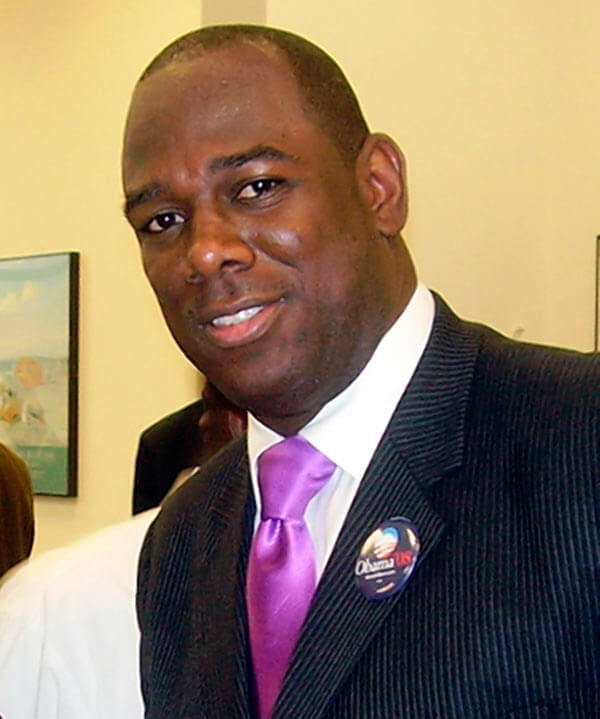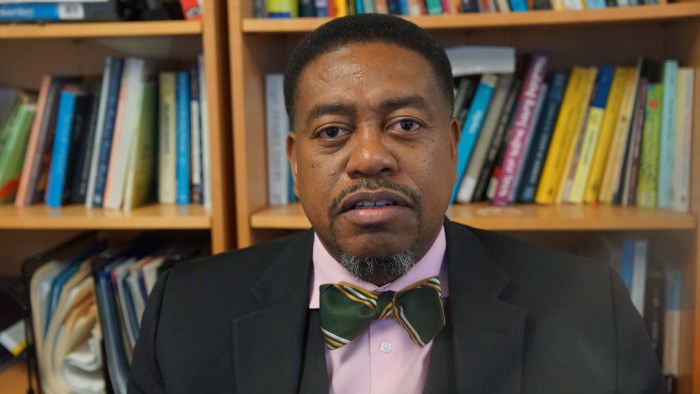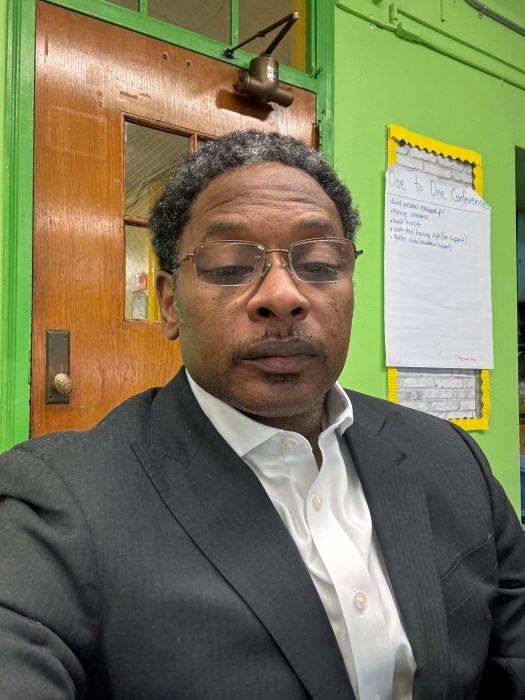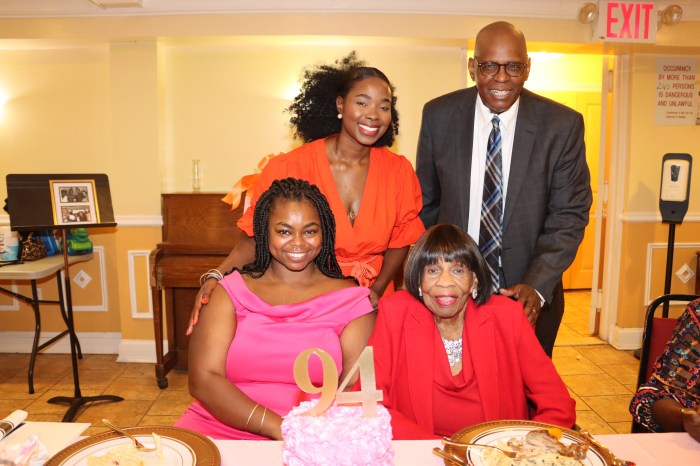The Brooklyn-based Caribbean Guyana Institute for Democracy (CGID) deems the Guyana Bar Association’s (GBA) “unfounded attack” on President David Granger to be “irresponsible, malicious, unprofessional and repugnant to the standards of the Bar.”
The GBA on Feb. 18, 2018, issued a statement attacking the president, in contemplation of his exercise of powers invested in him by Article 127 of the constitution, to appoint the chancellor and chief justice.
The association’s statement said that “any action outside of the said Article 127 is unconstitutional, void and of no legal effect and would have embarrassing consequences.”
But CGID President Rickford Burke said “the issuance of a highly charged, political statement, chastising the head of state on the basis of rumor, speculation and political gossip, evinces incontrovertible bias and confirmation the GBA has wittingly enmeshed itself into partisan politics as an ill-advised surrogate for the opposition leader.
“The GBA has, with prejudice, undermined its ability to be a credible and objective amicus, civil society intermediary,” Burke added.
He said Article 127 (1) of the constitution mandates that “the Chancellor and the Chief Justice shall be appointed by the president acting after obtaining the agreement of the leader of the opposition.”
Burke further said that Article 127 (2) mandates the president to appoint a judge to perform the duties of chancellor or chief justice if any of the two the offices is vacant, the office holder is occupying another office, is incapacitated or in any other way unable to perform the duties of the office, after meaningful consultation with the leader of the opposition.
On Jan. 3, 2018, Burke said Granger sought agreement from Opposition Leader Bharrat Jagdeo to appoint Belize Chief Justice, Justice Kenneth Benjamin, as Chancellor of Guyana’s Judiciary, and the Acting Chancellor, Justice Yonette Cummings-Edwards, as chief justice.
“Jagdeo, however, dissented and torpedoed the nominations,” Burke said. “President Granger subsequently said he wished to make substantive appointments as the country cannot be without a chancellor and chief justice. Guyana has been without a substantive chancellor and chief justice since 2005.
“Occupants have since functioned in acting capacities,” he added. “The president affirmed that he will be guided by advice from his legal advisers on his constitutional options.
Burke said the president has not acted, adding that, consequently, “the GBA statement is without merit, indefensible and antithetical to basic legal, ethical and professional tenets, which a regulatory law body must uphold.”
He posited that the foundation of the legal profession and justice in any society is “fidelity to the doctrines of proof of fact, evidence or findings of fact; not tempestuous speculation and hearsay.”
Burke accused the GBA of “relinquishment of these cardinal principles which has embarrassed the noble profession and the country.
“If the GBA has a genuine concern about the president’s conformity to the constitution, it should have met or written the president and opposition leader to convey its opinion on Article 127 and the corrosive impact the prolonged acting arrangement has had on the judiciary,” he said. “Failing which the GBA has an ethical obligation to wait until the President acted.
“If it deemed that action to be unconstitutional or ultra vires the constitution, it can express public condemnation and file a lawsuit to overturn the president’s decision,” Burke added.
He condemned the GBA’s “rush to judgment” and called on the association to adhere the “fundamental canons of fair and impartial judgement and equal justice and protection under law.
“Such recklessness from the law body is unacceptable and corrosive to our polity,” Burke said.

























